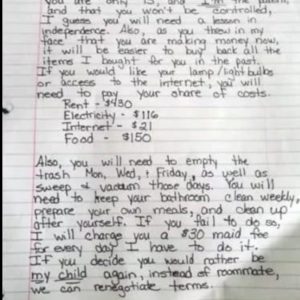Following a U.S. strike that destroyed three Iranian nuclear weapons facilities—Fordow, Natanz, and Isfahan—President Donald Trump declared the mission a “spectacular military success,” asserting it significantly set back Iran’s nuclear capabilities. He emphasized the operation was not an act of war but a defensive move to eliminate a major threat. Despite this, House Speaker Emerita Nancy Pelosi called the strike unconstitutional for lacking congressional approval, contrasting her previous stance supporting President Obama’s 2011 Libya action, which also bypassed Congress. House Democratic Leader Hakeem Jeffries echoed Pelosi’s criticism, accusing Trump of misleading the public and risking wider conflict. The White House countered by stating that congressional leaders were notified in advance, though Jeffries reportedly refused the briefing call.
Trump justified the strikes by citing decades of Iranian hostility, the regime’s sponsorship of terrorism, and failed diplomatic efforts. He revealed that Iran had been given a 60-day window to dismantle its nuclear program voluntarily. Intelligence reports suggested Iran’s Supreme Leader, Ayatollah Ali Khamenei, was hiding in a bunker during the strikes and faces growing internal pressure amid leadership uncertainty. Insiders claim Khamenei may be forcibly removed as a result of the crisis. The incident has sparked intense debate over presidential war powers and the role of Congress, especially in light of past partisan inconsistencies. Meanwhile, a ceasefire between Iran and Israel was reported, temporarily easing regional tensions following the high-stakes military operation.




